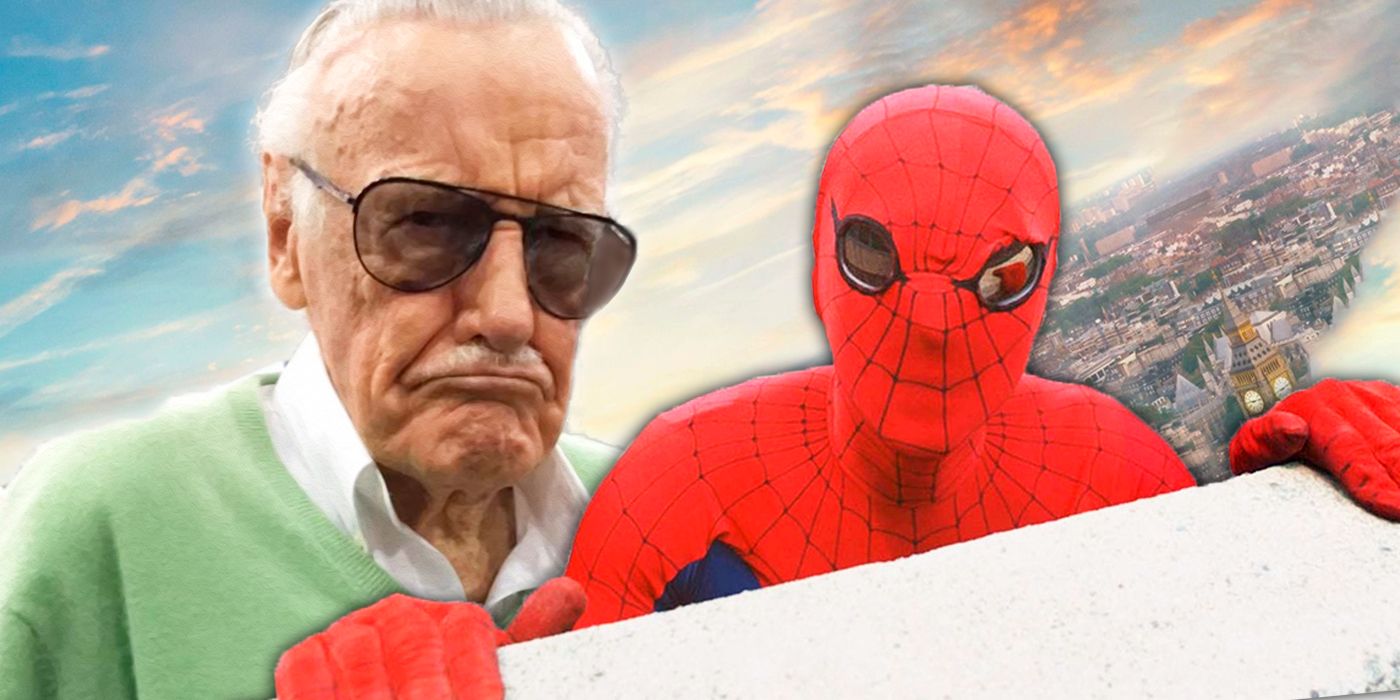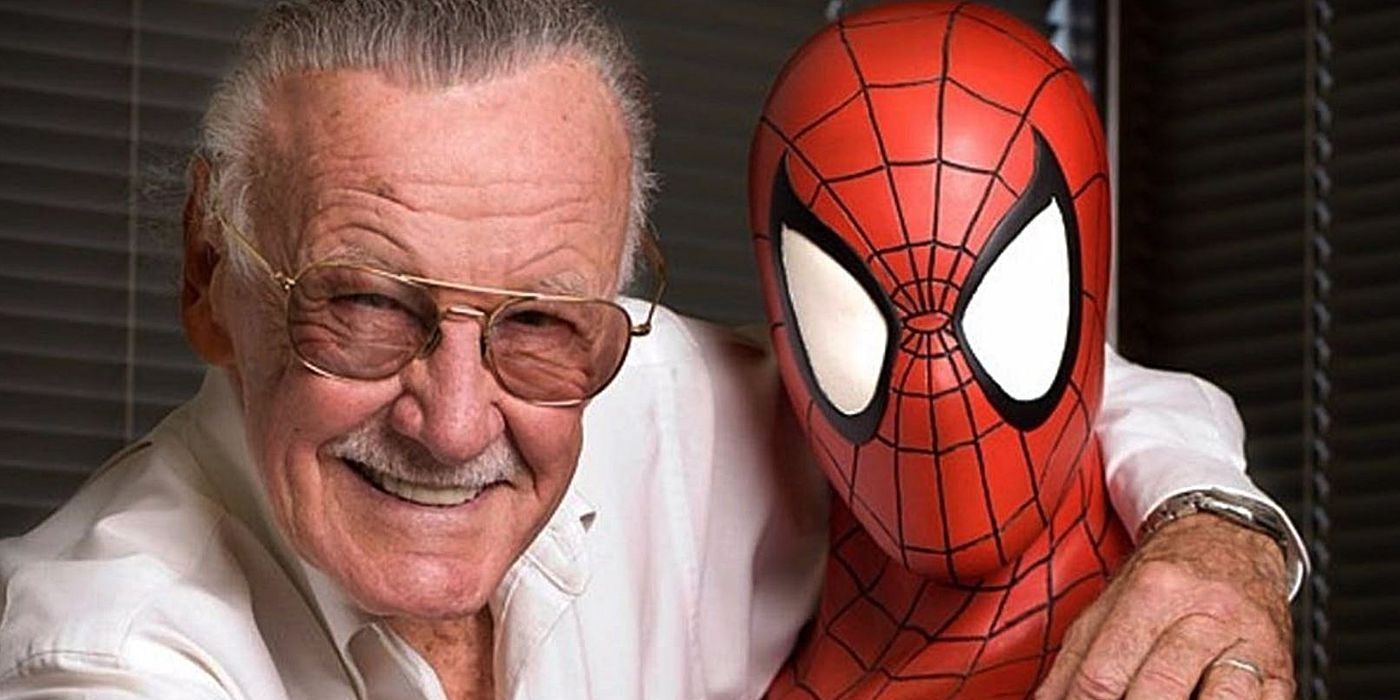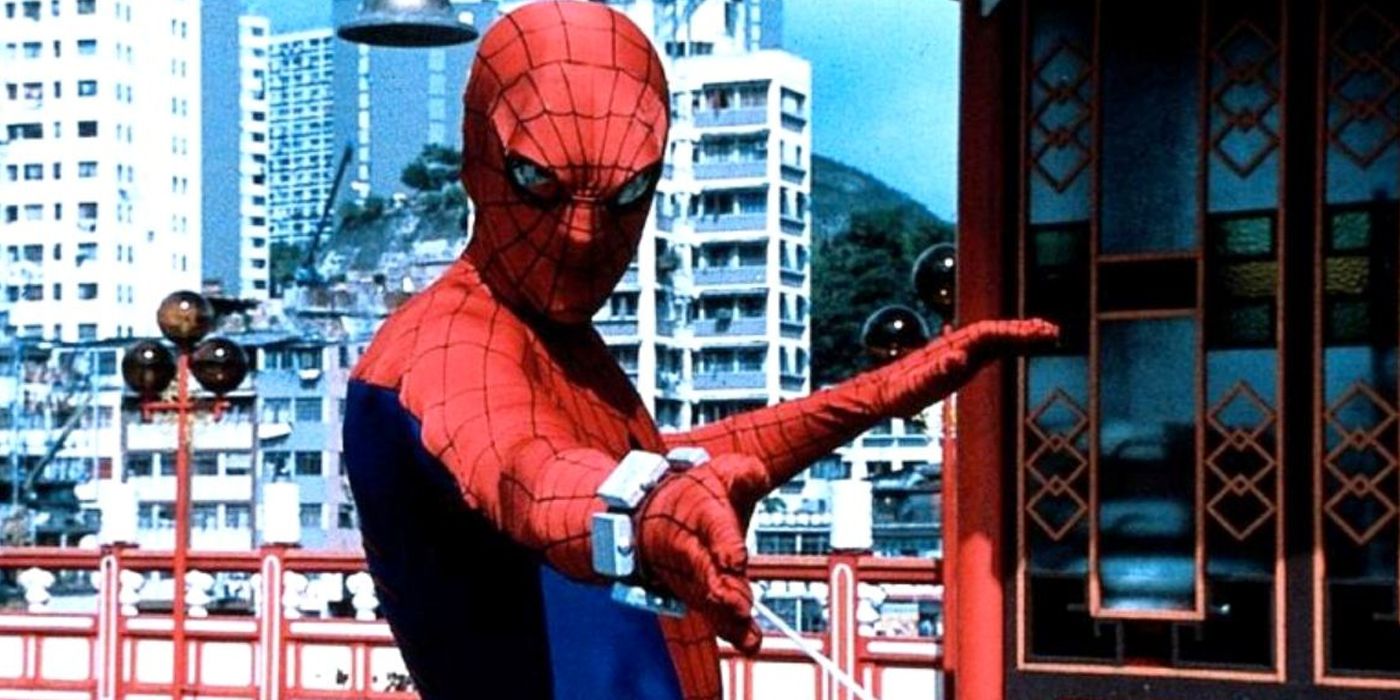Stan Lee was such a tireless cheerleader for Marvel characters and properties for so long, that the concept he might have been unhappy with one of them is almost alien. Indeed, his enthusiasm became part of Marvel’s identity, and his celebrated cameos in the Marvel Cinematic Universe helped bring that voice to millions of new fans. And yet that didn’t always preclude him from speaking out if a given property wasn’t to his liking.
That fate befell one of the earliest onscreen appearances of one of his most beloved co-creations. The Amazing Spider-Man, a live-action television series that debuted in the fall of 1977, didn’t meet his expectations. That may have contributed to the show’s failure, despite strong ratings and a positive response overall. It was canceled after 13 episodes, and Lee reportedly wasn’t sorry to see it go.
It’s especially noteworthy because the era reflected Marvel’s first real success in television. Its rival DC Comics scored a legitimate phenomenon a decade earlier with the Adam West Batman show, and Lynda Carter’s Wonder Woman that debuted in 1976. Marvel was working to keep pace by pushing its own characters into live-action TV. Spider-Man made regular appearances on the PBS educational series The Electric Company starting in 1974, and the company scored a huge hit with The Incredible Hulk in 1977, the same year that The Amazing Spider-Man aired. That gave Lee every incentive to support the new show.
Furthermore, positive early notice suggested that audiences supported it too. The pilot episode was the highest-rated program of the year for CBS, and subsequent airings performed well. The show was expensive, however, and the network was worried that it didn’t play well with adults: a big concern since The Incredible Hulk demonstrated the ability to tell grownup stories in a comic-book medium. It ended up bouncing around the schedule for two seasons, with the last eight episodes spaced out over ten months before it was finally canceled.
Ironically, in their efforts to make the show more adult-oriented, they threw out many of the components that made the character work, at least according to Lee. In a 2004 interview with the Television Academy, he claims that the show lost the essence of the character. He cited the lack of humor – Spidey’s signature quips are few and far between on The Amazing Spider-Man – and Peter Parker’s one-note development as a character for his disappointment. The lack of human dilemmas disappointed him as well, omitting details like the struggle to keep his secret identity or the ways being a superhero complicates his life.
In other words, trying to make Spider-Man more appealing for adults took away what made him appealing in the first place. Lee praised the show’s visuals, which were quite sophisticated for the time, but without more heart, Peter’s unique qualities became lost beneath the costume. The results, in Lee’s eyes, turned him into another one-note superhero and limited his character accordingly. It’s telling that Lee felt quite differently about The Incredible Hulk whose haunted protagonist always fit more serious stories.
The show’s relative obscurity suggests that he was onto something. In any case, Lee made sure those qualities weren’t lacking in the follow-up project. Spider-Man and His Amazing Friends, the animated series which premiered in 1981, made copious use of Spidey’s quips, as well as classic dilemmas like Aunt May’s dislike of Peter Parker’s alter ego. Lee served as the show’s narrator, lending it his voice as well as his support and setting the stage for his beloved cameos in the various Marvel movies. Whether one agrees with him about The Amazing Spider-Man or not, his full-bore backing of the subsequent speaks volumes about his conviction. Getting the character right clearly meant more to him than ratings success.



